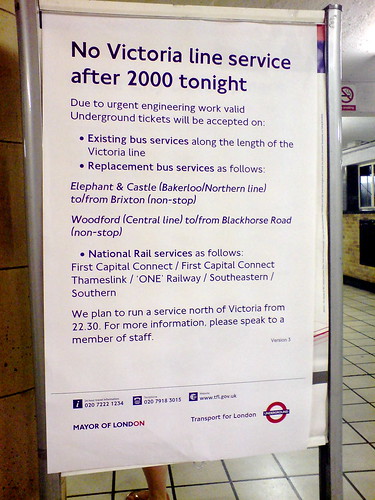I should start off by saying that I don't mean mapping web sites. There's no Ovi, Yahoo!, Google or OpenStreetMap web sites in this post. No, this is a blog post about Eddie Izzard (at least slightly), Heisenberg's Uncertainty Principle (even more ephmerally), the (death of) RSS, maps and cartography (generally) and (in the main) web sites about maps and cartography.
A strange set of bedfellows you might think (you might also think I've been overdosing on LISP as there's way way too many parentheses in the first two paragraphs alone) ... but bear with me.
Eddie Izzard, in his Dress To Kill stage show ("cake or death"), was musing on the way in which people perceive history and this got me to thinking about RSS. But first, this is what he said ...
Yes, and I grew up in Europe, where the history comes from. Oh, yeah. You tear your history down, man! “30 years old, let's smash it to the floor and put a car park here!" I have seen it in stories. I saw something in a program on something in Miami, and they were saying, "We've redecorated this building to how it looked over 50 years ago!" And people were going, "No, surely not, no. No one was alive then!"
